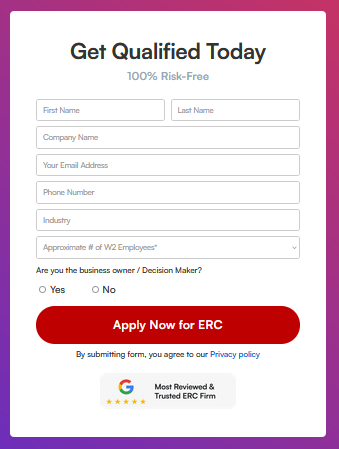Starting a business can be an exciting and rewarding venture, but it often requires a substantial amount of capital. Many entrepreneurs turn to business start-up loans to help finance their new venture. However, navigating the world of business start-up loans can be overwhelming, especially for first-time business owners. Here is what you need to know before you apply for a business start-up loan.
First and foremost, it’s important to understand the different types of business start-up loans that are available. There are a variety of loan options to choose from, including traditional bank loans, Small Business Administration (SBA) loans, and alternative lenders. Each type of loan has its own eligibility requirements, terms, and interest rates, so it’s essential to carefully research and compare your options to find the best fit for your business needs.
Before applying for a business start-up loan, you should have a clear understanding of your business plan, financial projections, and budget. Lenders will want to see that you have a solid business idea and a plan for how you will use the loan funds to grow your business. Having a detailed business plan in place will not only make your loan application stronger but will also help guide your business’s growth and success.
In addition to having a well-thought-out business plan, you will need to have a good credit score to qualify for a business start-up loan. Lenders will typically check your personal and business credit history to assess your creditworthiness and determine the interest rate you will be offered. If your credit score is less than ideal, you may need to work on improving it before applying for a loan.
Collateral is another key factor to consider when applying for a business start-up loan. Lenders may require you to put up personal or business assets as collateral to secure the loan. This can be risky, as you could lose your assets if you are unable to repay the loan. However, if you have valuable assets to offer as collateral, it may help you secure a lower interest rate or higher loan amount.
Finally, it’s important to shop around and compare loan offers from multiple lenders before making a decision. Different lenders have different requirements, terms, and interest rates, so it’s worth taking the time to research and compare your options. Be sure to read the fine print of any loan offers and understand all of the terms and conditions before signing on the dotted line.
In conclusion, navigating the world of business start-up loans can be a complex process, but with careful research and preparation, you can find the right loan to help finance your new business venture. By having a solid business plan, good credit score, and collateral, and comparing loan offers from multiple lenders, you can increase your chances of securing the funding you need to get your business off the ground.








